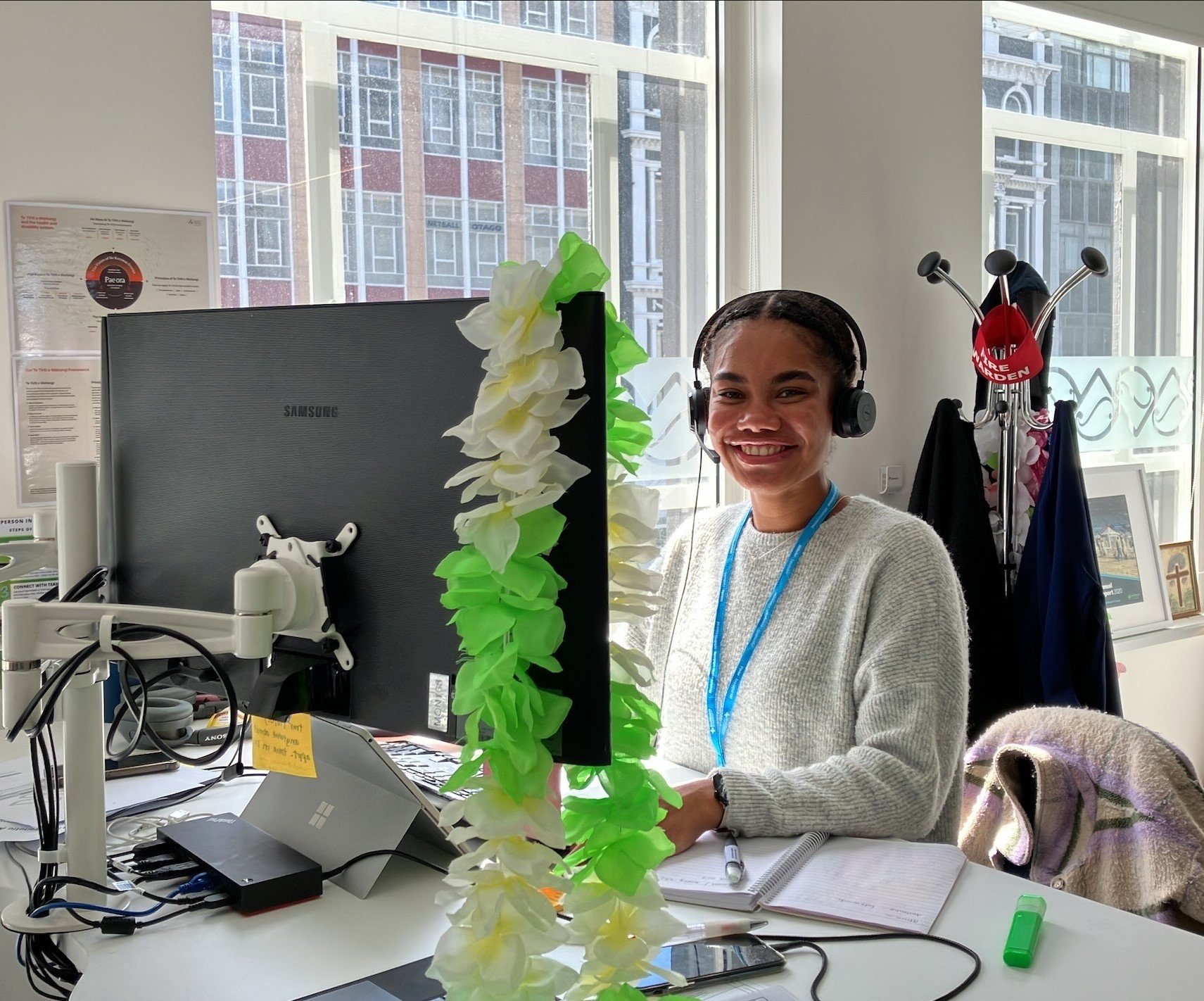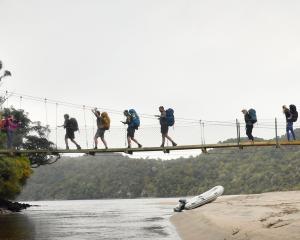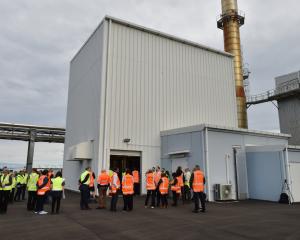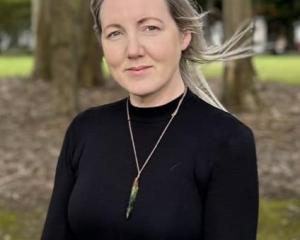
As a part of the tour, the bus will visit Central Otago, with stops at Ranfurly from March 3 until March 11 and Clyde from March 12 until June 13.
This is the first year that WellSouth has been put in charge of promoting the service and engaging with the community.
WellSouth equity team leader Riiti Conway said that, since October 2024, WellSouth had been contracted to engage with eligible Māori and Pasifika women who were in greatest need, as a part of the Improved Access for Priority Wahine programme.
In Otago and Southland, Māori and Pasifika women are screened at a rate 10% lower than non-Māori and non-Pasifika.
"Ten percent may not sound like a big percentage, but these numbers represent real people — mums, sisters, daughters, aunts. If they have a screening mammogram they are more likely to pick up cancer early," she said.
As a part of the contract with BreastScreening Aotearoa, WellSouth has a dedicated call centre, which includes a clinical nurse who can answer questions.
It also reaches out to priority women to invite them to book an appointment and to offer information, advice and support for transport if needed.
Bringing the clinic to communities was something that would help many women to prioritise this important check, Ms Conway said.
Most mammography in Otago and Southland was offered in the cities, so it was harder for women who lived rurally to access these services.
The bus is an appointment-based service, but if someone were to come to the bus without one, it was likely they could make one there, possibly for an immediate or same-day appointment. — APL











